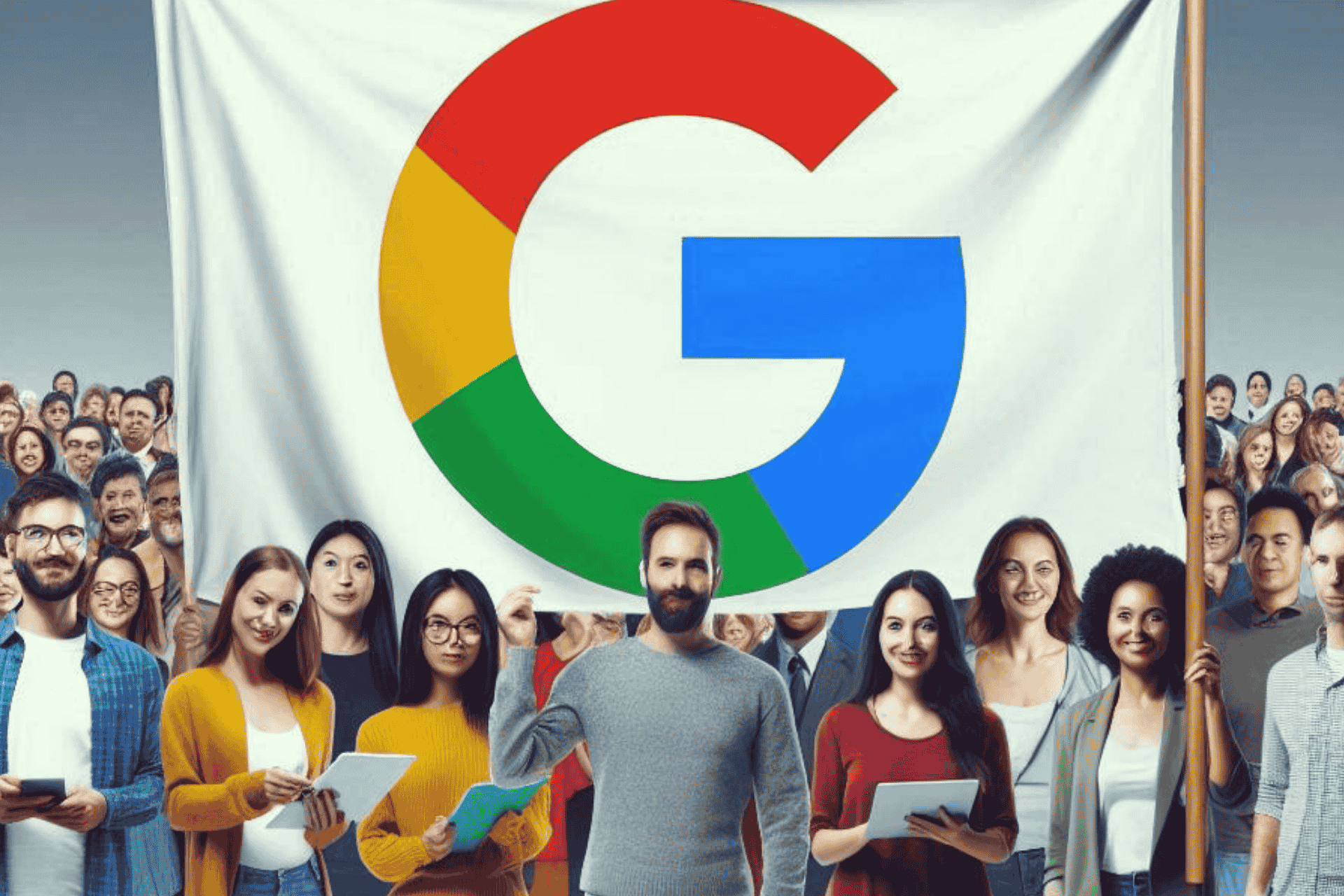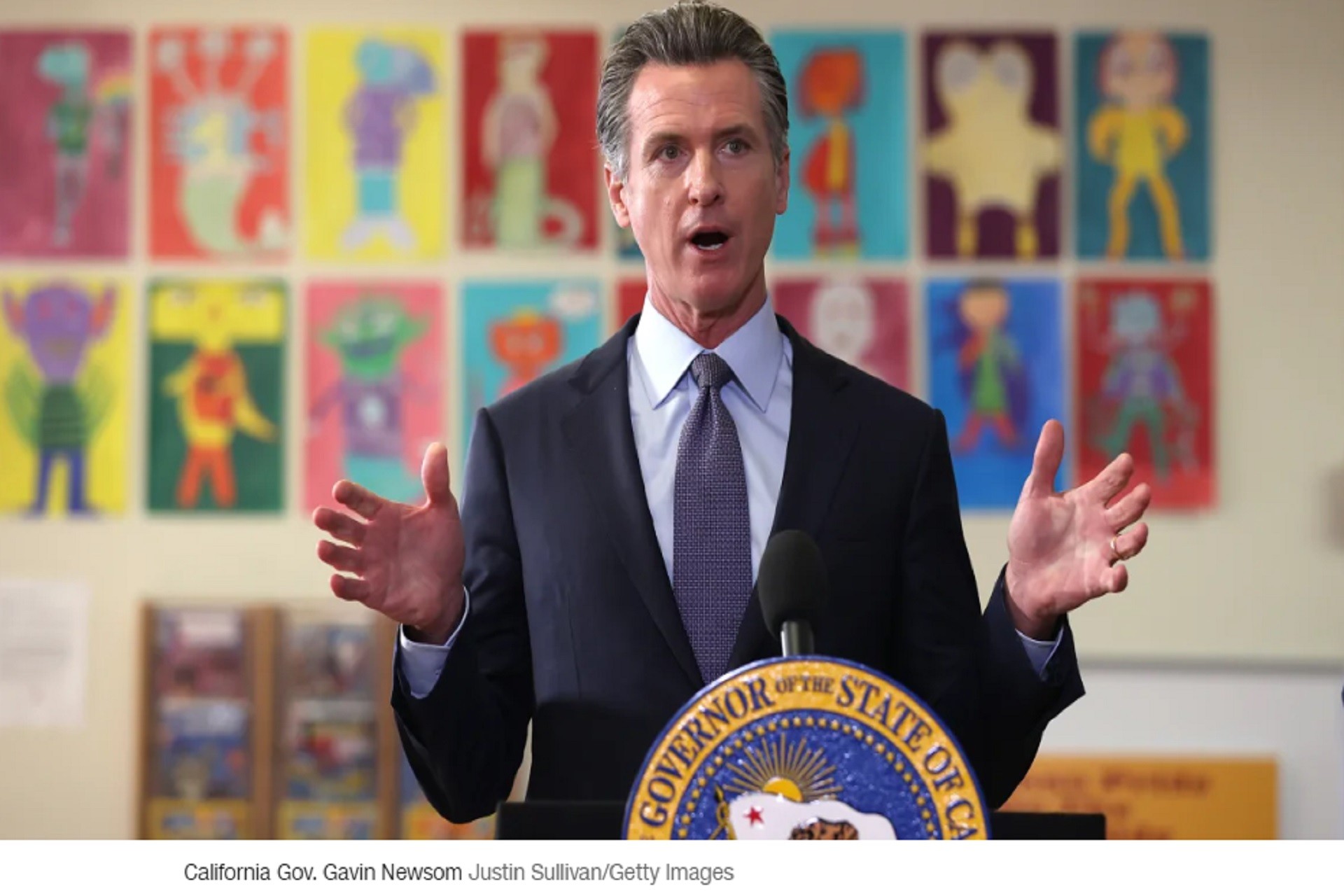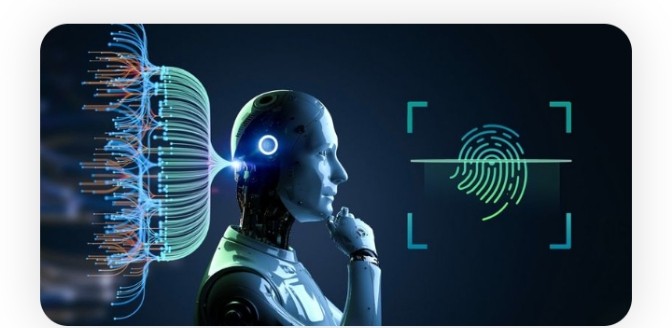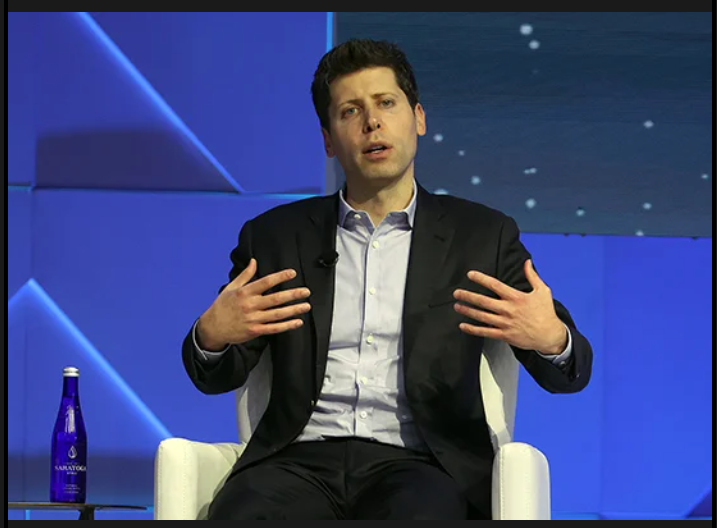
Google's Gemini AI Update: New Image Generation Capabilities of People
Google has announced significant updates to its Gemini AI, enhancing its functionality to include the generation of images of people. This development marks a pivotal shift for the AI, which had previously suspended similar capabilities earlier this year due to concerns over accuracy and ethical implications.

Global AI Safety Treaty Signed: A New Era in AI Governance
In a landmark moment for AI governance, a coalition of nations including Andorra, Georgia, Iceland, Norway, Israel, and Moldova signed a pioneering AI safety treaty on September 19, 2024. This treaty is designed to establish a legal framework that ensures artificial intelligence (AI) technologies evolve in a way that safeguards human rights, democracy, and global security.

California Leads the Way with New AI Transparency Law
California Governor Gavin Newsom signed a landmark bill into law today, called the California Artificial Intelligence Transparency Act (CAITA). It requires large generative AI platforms to label AI-generated content and provide consumers with AI-detection tools. This is a big step toward consumer protection in an increasingly AI-driven media environment, helping people distinguish between real and AI-generated content

Amazon Introduces AI Voice Clones for Audiobooks
Amazon’s Audible is trialing a new program that allows audiobook narrators to create and monetize AI-generated voice clones. This initiative, part of Audible’s Audiobook Creation Exchange (ACX), aims to expand the audiobook catalog while giving narrators and authors control over the use of their AI voices. Despite current requirements for human narration, this move reflects Amazon’s push into AI technology.

OpenAI Plans Potential Overhaul of Nonprofit Structure
OpenAI is on the verge of potentially transforming its intricate corporate structure, as it seeks to secure a $6.5 billion funding round at a $150 billion pre-money valuation. The deal's success depends on OpenAI’s ability to restructure and remove the profit cap for investors. CEO Sam Altman has indicated that significant changes could be implemented next year, possibly bringing OpenAI’s operations closer to a traditional for-profit model. Despite these potential shifts, OpenAI emphasizes that its nonprofit arm remains essential to its mission and will continue to exist.


